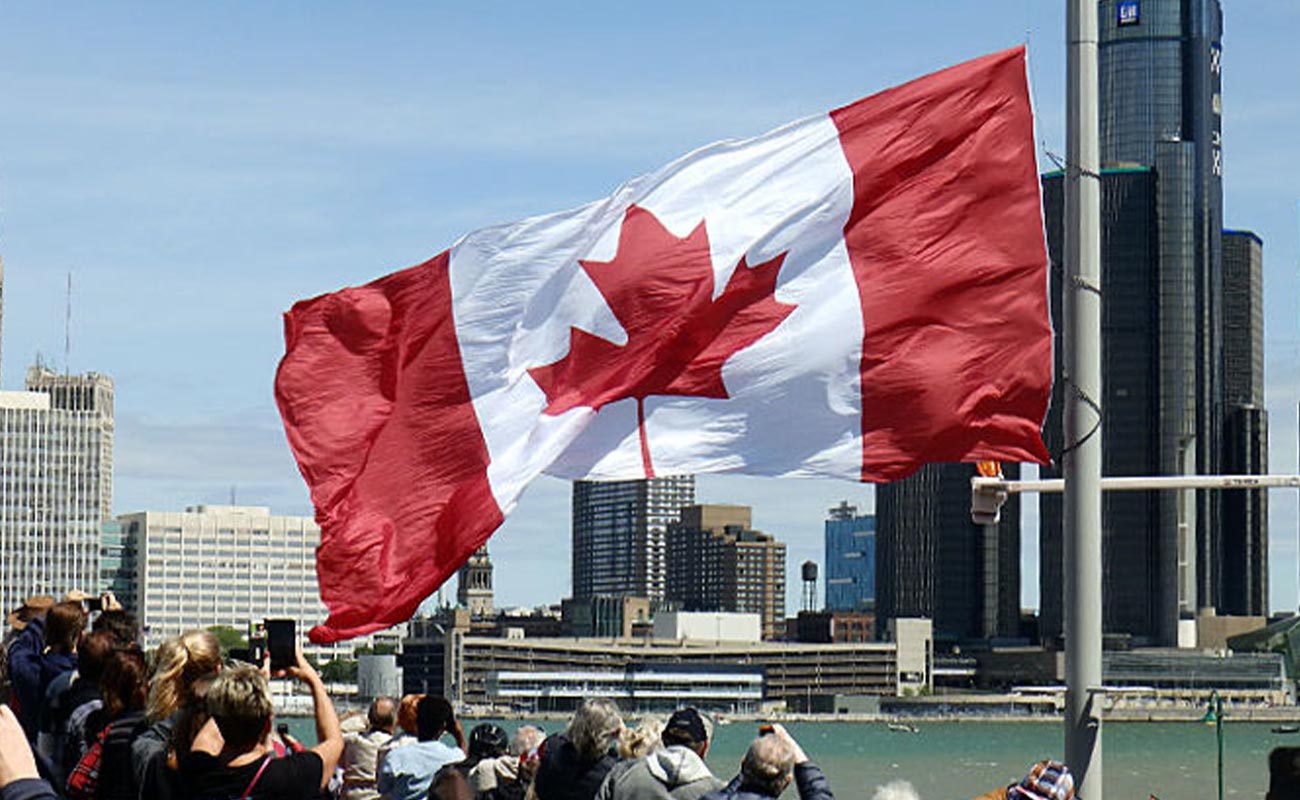
By Oluwaseun Taiwo
A Canadian courtroom delivered a verdict on June 17, 2025, that should unsettle anyone who still holds on to the belief that Nigeria has a functioning democracy. It wasn’t about a coup, or jihadists, or some clandestine militia. It was about our political parties. And the conclusion was startling: Canada’s Federal Court in Ontario described the PDP and APC not as normal political players, but as organizations so steeped in violence and abuse that they fit the legal definition of terrorist groups under Canadian law.
The case that triggered this judgment was an asylum request by Douglas Egharevba, a former PDP politician. He claimed he could not live safely in Nigeria because of political persecution. When Justice Phuong T.V. Ngo reviewed the evidence, the picture that emerged was ugly but familiar: rigging, ballot stuffing, intimidation, the use of thugs, and years of unchecked political violence. It wasn’t just one party or one election cycle. The court noted a pattern stretching back to PDP’s dominance in the early 2000s and continuing under APC’s watch.
And when lawyers tried to defend it as “the Nigerian way of politics,” the judge dismissed it outrightly as a hollow excuse. If corruption and violence are the norm, she said, then what we have is not democracy at all, but something else entirely.
Why This Should Jolt Us
This wasn’t a fiery activist statement. It wasn’t a column from an opposition mouthpiece. It was a sober judgment in a foreign court with no stake in our politics. And what it revealed was something Nigerians already whisper about but rarely confront: since 1999, our politics has been less about ideas and more about cartels fighting for power.
We can call it foreign meddling. We can insist outsiders don’t understand the messiness of Nigerian realities. But that’s just denial. What this judgment does is hold up a mirror, forcing us to see what our own courts, commissions, and leaders refuse to admit.
What a Real Party Looks Like
Think about what the word “party” should mean. In political theory, it’s an organized group united by shared beliefs about how a society should be run. It has values, rules, and discipline. It raises and trains leaders. It educates its members. It lives beyond one man’s ambition.
Now compare that with what we have. Our parties are not parties in that sense. They are power platforms hollow shells built for election season, run by godfathers and patrons. They lack ideology, continuity, and loyalty to anything beyond the next round of spoils. That’s why crossing from PDP to APC and back again is as easy as changing agbada[1]. The logos are different, but the script stays the same.
Standing at a Crossroads
The judgment from Canada lays out a challenge for Nigerians as 2027 approaches. We either try to force change from within, or we take our chances outside the old order. Reform from within means ordinary citizens, especially young people, stop sitting on the sidelines and begin to demand accountability inside the big parties. It means refusing to accept primaries that are rigged before they start, insisting that thuggery is punished instead of rewarded, and making ideology not loyalty to a godfather the ticket to leadership.
The alternative is to look beyond APC and PDP, to smaller parties that may not have deep pockets but still have the potential to organize around principles. It will be slow, and at first it may feel futile. But democracy is not about instant wins. It’s about building something durable over time.
Why This Matters More Than Elections
You can’t repair Nigeria while leaving its parties untouched. Parties are the factories that produce leaders. If the factory is broken, the products will be broken too, no matter how shiny the packaging looks. This is why governance has felt the same no matter who wins- it’s not just the faces that are recycled, but the entire machinery that delivers them to power.
Until we reinvent what a party means in Nigeria, elections will remain little more than rituals, and the cycle of disappointment will continue.
The Real Turning Point
That a court in faraway Canada could look at Nigeria’s politics and describe it in terms reserved for terrorist organizations is an indictment of our judiciary, our electoral commission, and the political elite. But embarrassment alone won’t change anything.
If we head into 2027 with the same assumptions that APC and PDP are our only options, that violence is inevitable, that ideology is irrelevant then nothing will change. But if we take this as a moment to rethink what a party should be, to either reform the existing ones or build new alternatives, then perhaps democracy in Nigeria can still mean something.
Otherwise, we’ll keep dancing at the same masquerade, pretending the show is democracy while knowing deep down it is nothing of the sort. The choice is simple: keep spinning in the same circle or crash the masquerade and start a new gathering worthy of Nigeria’s future.
